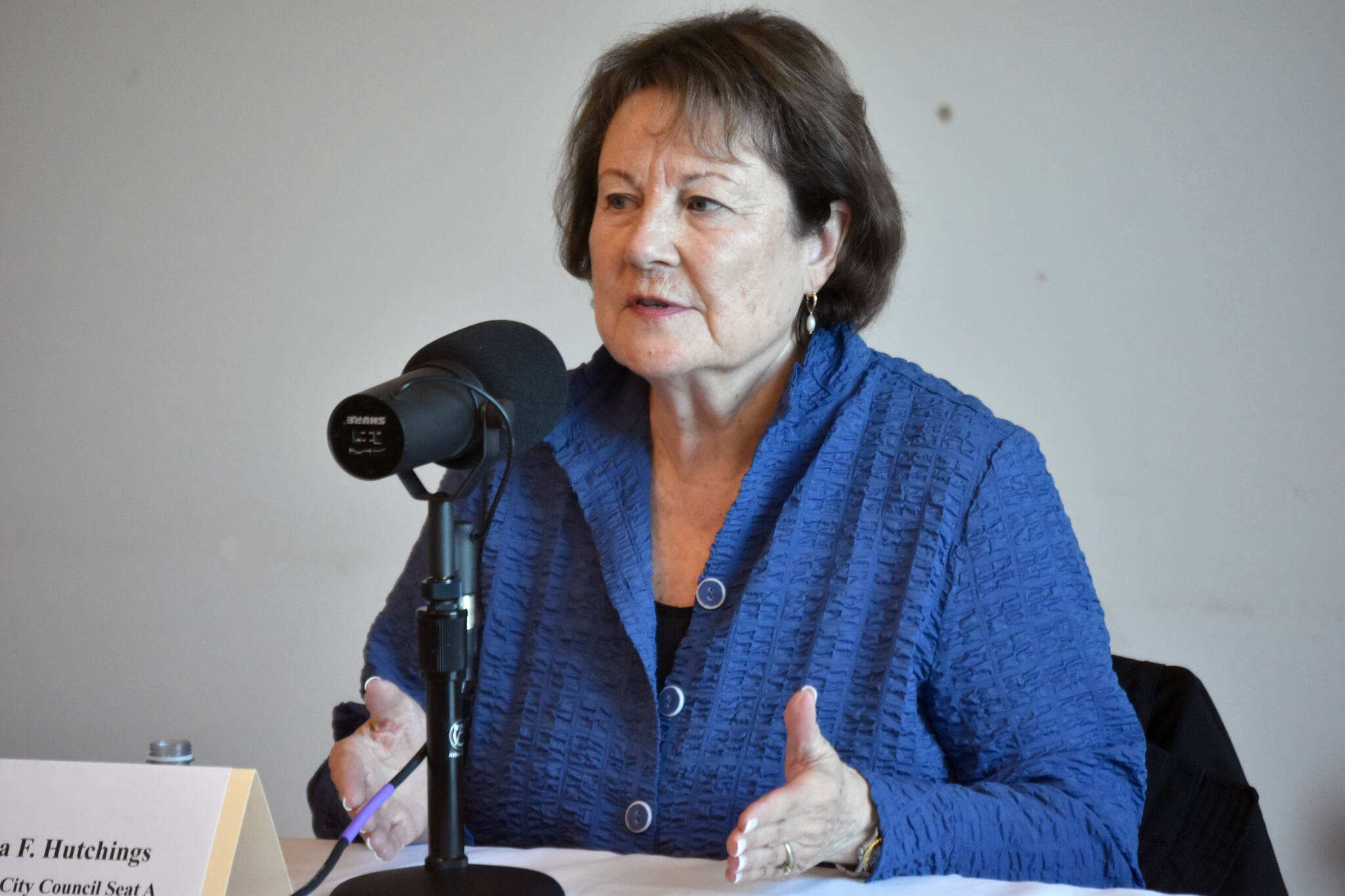Growing up in a community-minded family in Soldotna, I’ve been on both sides of the political aisle. My father, a Navy veteran, and mother, a pioneer of her time, both worked in civil service and homesteaded in Soldotna. Politics was always a topic of discussion around our kitchen table. Whether it was the local assembly, the school board, or larger state issues, our home was a hub of debate and community involvement. Those discussions shaped my worldview and led me to where I am today — a moderate Republican who supports open primaries and ranked choice voting.
Why? Because I’ve seen first hand the games that are played when the parties have control. Before open primaries, it was common practice for Democrats to temporarily switch their registration to vote in Republican primaries and vice versa, hoping to ensure a weaker opponent for the general election. This kind of deceit took away from the integrity of the process and often left voters with choices that didn’t truly represent their interests. That’s no way to run a democracy.
Open primaries and ranked choice voting changed the game entirely by allowing voters to focus on the candidates and what they truly bring to the table, rather than the letter next to their name.
Critics of open primaries and ranked choice voting say this system can be confusing for voters or that they dilute party influence. But I’d argue that the benefits far outweigh these concerns. The process gives voters the opportunity to be more engaged and informed. That’s not a downside — it’s how democracy should function. Open primaries give voters more power to select candidates who reflect their values and ranked choice voting allows them to choose their top candidate without the fear of “wasting” a vote on an ideological candidate.
Some also say that ranked choice voting could lead to more moderate candidates, and they argue that’s not representative of what some party factions want. But consider this: Are we better off when our elected leaders can work together, or when they’re pressured to stick to extremes?
As a lifelong Alaskan, I’ve seen how party loyalty can get in the way of what’s best for our communities. I was raised to believe that if you aren’t engaged in the process, you have no voice. My parents were active at the ground level — whether it was getting a hospital to our city or helping to form the borough and school district, they were always involved in community service. That’s the key — politics should be about community service, not party loyalty.
I switched my party affiliation to Republican after growing frustrated with the backroom decisions I witnessed as a Democrat. Despite seeing some of the same struggles in the Republican Party, I’ve stayed because I believe in the conservative values of limited government and personal responsibility. However, I also believe in the need for transparency, inclusiveness, and governance that serves the people — not just the party. Open primaries and ranked choice voting offer a way to put power back into the hands of voters, where it belongs. That’s why I will vote no on ballot measure 2.
Linda Hutchings is a second-generation Alaskan, business owner, and proud grandmother.

